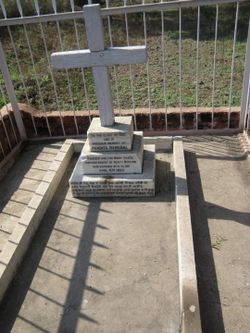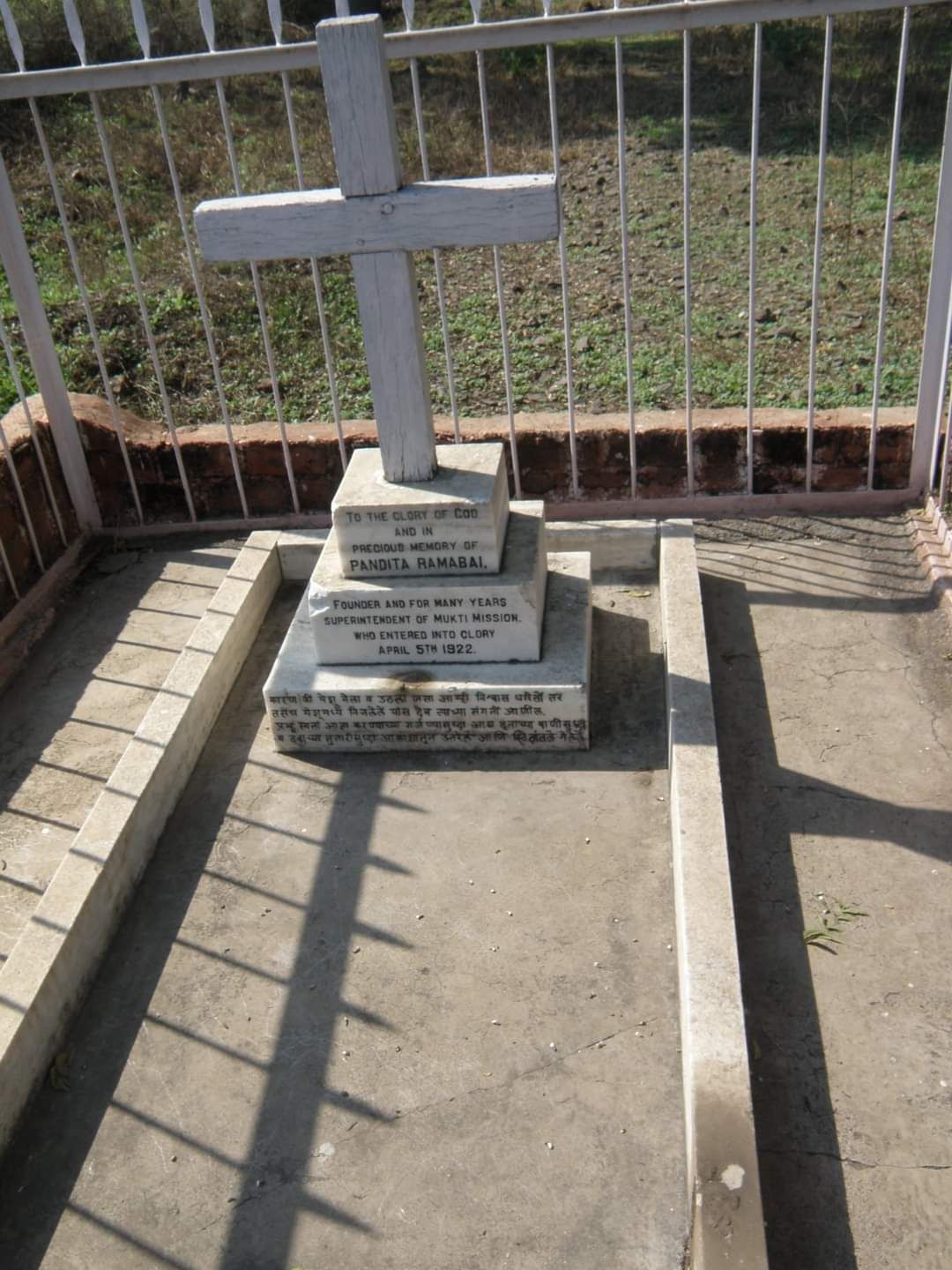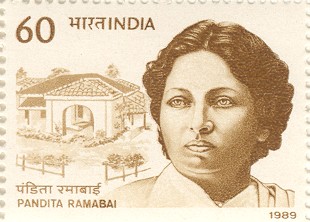The name of Pandita Ramabai, who has just died at the age of 64, was known to the English-speaking world on account of her efforts to improve the condition of her Indian fellow-countrywomen.
Ramabai's upbringing was of the most unusual kind. Her father, Ananta Shastri, was a learned men who, unlike the majority of his race, desired the education of women. His efforts with his first wife were defeated by family opposition, but on marrying again Ananta retired with his child bride to a mountain jungle, where he lived in a hut, entertained pilgrims, and carried on her education undisturbed. Here Ramabai was born, the youngest of three, and, the daytime being too much occupied for lessons, she was habitually roused in the twilight morning hours to be instructed orally by her mother. In this strange jungle life the child grew up, becoming familiar with Sanskrit, with the Vedas and much early Indian lore.
When she was still young, however, increasing poverty caused her parents to leave their retreat, which had become too expensive by reason of its sanctity, and to adopt the cheapest kind of life known in India, that of the pilgrim. For seven years they wandered over the country, and Ramabai learned to speak and write Marathi, Kanarese, Hindustani, and Bengal. When she was sixteen both father and mother died, but Ramabai continue to travel with her brother speaking everywhere on the education of women, and describing the freedom allowed to them in the ancient writings of India. She won increasing recognition as a learned woman, and at Calcutta the assembled pundits, after testing her acquirements, conferred upon her the title of "Sarasvati"(Learned One).
Soon after Ramabai lost her brother, and a few months later she married a Hindu trader of advanced ideas, the Baboo Bepin Behari Dass, M.A. Her happiness was short-lived for the Baboo was cut off by cholera in less than two years. Feeling the want of a Western education, Ramabai repaired in 1883 to England with her little daughter, Manorama. She now embraced Christianity, to which she had been for some time inclined, and for a time studied at Cheltenham College, where she was appointed teacher of Sanskrit.
Ramabai afterwards visited America, where she enlisted much sympathy, and developed a plan for educating Hindu girls, particularly child widows. Returning to India, she opened in 1889, with American aid, a home in Bombay for high caste widows. The girls were to be taught a trade or profession in order that they might emancipate themselves from the thraldom of their lives. The scheme has succeeded in many respects, and the homes have been enlarged and increased, particularly during the famine years, when many inmates were received. It has failed, however, to win the confidence of Hindus in general, and is still supported entirely by American contributors.
Published in: The Guardian
(London,Greater London,England)
21 April 1922 Friday page 5
Source: www.newspapers.com
The name of Pandita Ramabai, who has just died at the age of 64, was known to the English-speaking world on account of her efforts to improve the condition of her Indian fellow-countrywomen.
Ramabai's upbringing was of the most unusual kind. Her father, Ananta Shastri, was a learned men who, unlike the majority of his race, desired the education of women. His efforts with his first wife were defeated by family opposition, but on marrying again Ananta retired with his child bride to a mountain jungle, where he lived in a hut, entertained pilgrims, and carried on her education undisturbed. Here Ramabai was born, the youngest of three, and, the daytime being too much occupied for lessons, she was habitually roused in the twilight morning hours to be instructed orally by her mother. In this strange jungle life the child grew up, becoming familiar with Sanskrit, with the Vedas and much early Indian lore.
When she was still young, however, increasing poverty caused her parents to leave their retreat, which had become too expensive by reason of its sanctity, and to adopt the cheapest kind of life known in India, that of the pilgrim. For seven years they wandered over the country, and Ramabai learned to speak and write Marathi, Kanarese, Hindustani, and Bengal. When she was sixteen both father and mother died, but Ramabai continue to travel with her brother speaking everywhere on the education of women, and describing the freedom allowed to them in the ancient writings of India. She won increasing recognition as a learned woman, and at Calcutta the assembled pundits, after testing her acquirements, conferred upon her the title of "Sarasvati"(Learned One).
Soon after Ramabai lost her brother, and a few months later she married a Hindu trader of advanced ideas, the Baboo Bepin Behari Dass, M.A. Her happiness was short-lived for the Baboo was cut off by cholera in less than two years. Feeling the want of a Western education, Ramabai repaired in 1883 to England with her little daughter, Manorama. She now embraced Christianity, to which she had been for some time inclined, and for a time studied at Cheltenham College, where she was appointed teacher of Sanskrit.
Ramabai afterwards visited America, where she enlisted much sympathy, and developed a plan for educating Hindu girls, particularly child widows. Returning to India, she opened in 1889, with American aid, a home in Bombay for high caste widows. The girls were to be taught a trade or profession in order that they might emancipate themselves from the thraldom of their lives. The scheme has succeeded in many respects, and the homes have been enlarged and increased, particularly during the famine years, when many inmates were received. It has failed, however, to win the confidence of Hindus in general, and is still supported entirely by American contributors.
Published in: The Guardian
(London,Greater London,England)
21 April 1922 Friday page 5
Source: www.newspapers.com
Family Members
Sponsored by Ancestry
Advertisement
See more Medhavi Saraswati or Dongre memorials in:
- Ramabia Mukti Mission Cemetery Medhavi Saraswati or Dongre
- Pune (Poona) Medhavi Saraswati or Dongre
- Maharashtra Medhavi Saraswati or Dongre
- India Medhavi Saraswati or Dongre
- Find a Grave Medhavi Saraswati or Dongre
Advertisement



